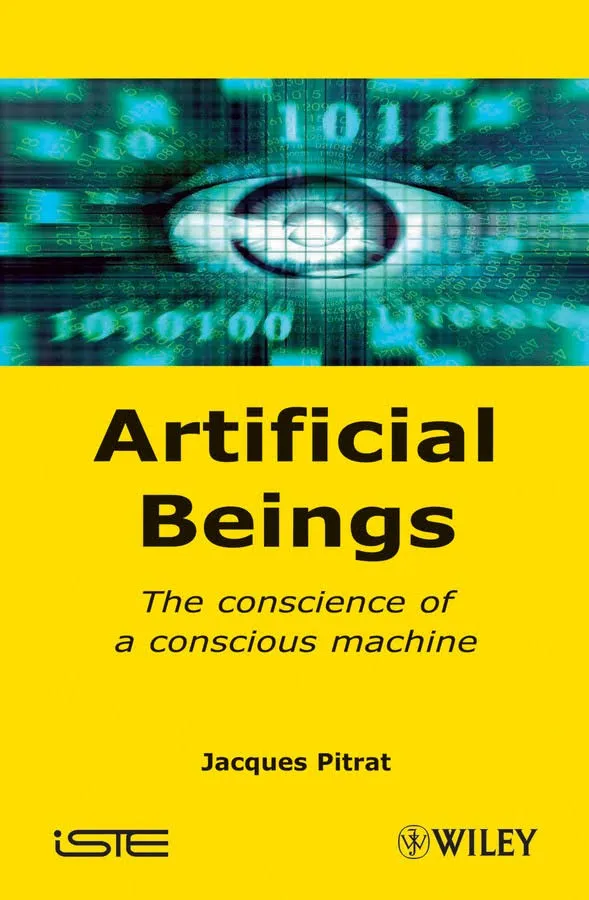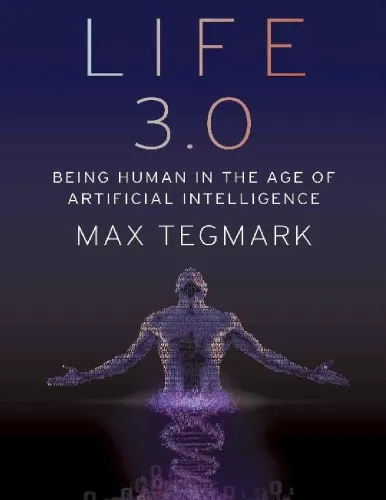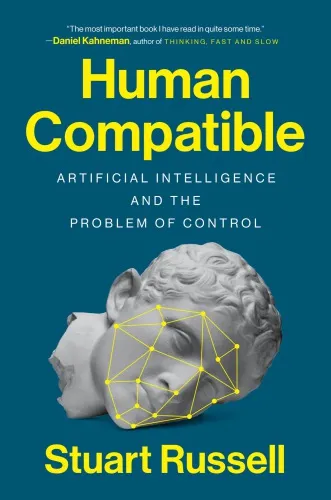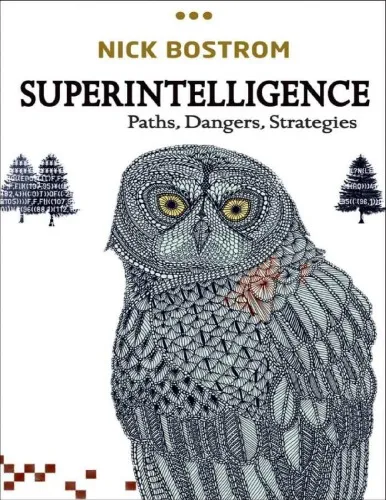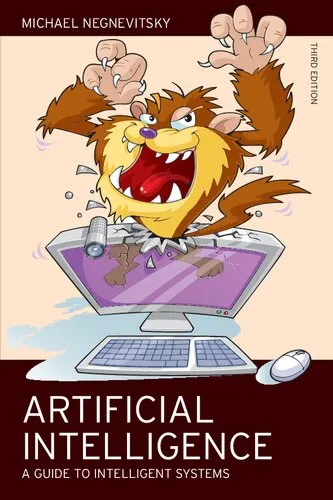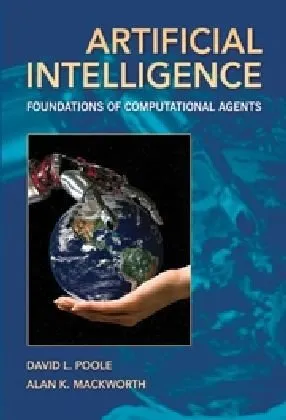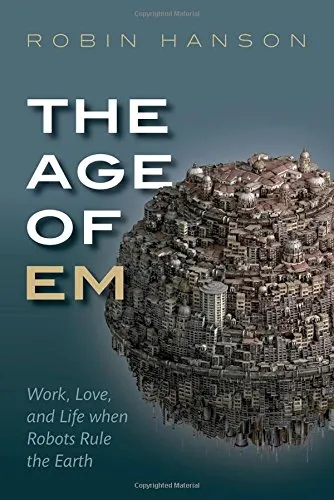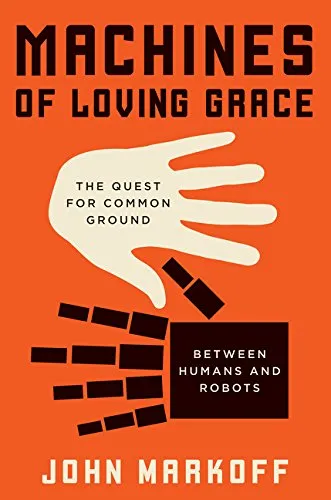Artificial Beings The Conscience of a Conscious Machine
3.0
Reviews from our users

You Can Ask your questions from this book's AI after Login
Each download or ask from book AI costs 2 points. To earn more free points, please visit the Points Guide Page and complete some valuable actions.Related Refrences:
Persian Summary
Introduction to 'Artificial Beings: The Conscience of a Conscious Machine'
In the rapidly evolving domain of artificial intelligence, the concept of machine consciousness stands as a profound question, challenging both scientists and philosophers. 'Artificial Beings: The Conscience of a Conscious Machine' by Jacques Pitrat embarks on an enlightening exploration of this complex subject.
Detailed Summary of the Book
'Artificial Beings: The Conscience of a Conscious Machine' delves deeply into the philosophical and technical aspects of artificial intelligence, addressing the core question of whether machines can possess consciousness and a moral compass. Jacques Pitrat, with decades of experience in machine learning and cognitive sciences, sets the stage for a dialogue that focuses on the potential and limitations of conscious machines.
The book is divided into comprehensive sections that guide the reader through different facets of AI consciousness. It begins with the foundational principles of AI, including its history and the advancements that have led to the current state of technology. Pitrat then delves into the intricacies of consciousness itself, dissecting its components and questioning whether it is attainable by a machine.
One of the pivotal discussions in the book is the implementation of ethical reasoning within AI systems. Can a machine be programmed to make moral decisions, and if so, what would the implications be for society? Pitrat challenges readers to consider the ethical frameworks that might guide autonomous systems and the potential repercussions of their decisions on human life.
The narrative builds upon theoretical knowledge and practical scenarios, using case studies and hypothetical situations to illustrate the plausibility and consequences of AI consciousness. The author examines both utopian and dystopian outcomes if machines were to attain consciousness, urging the AI community and society at large to navigate this path cautiously and ethically.
Key Takeaways
- Artificial intelligence has the potential to simulate aspects of human consciousness, but true consciousness in machines remains a theoretical construct.
- The ethical implications of AI are profound and must be considered at every stage of development and deployment.
- Interdisciplinary collaboration between technologists, ethicists, and philosophers is crucial to understanding and shaping the future of AI.
- Critical thought and cautious optimism should guide the advancement of AI technologies to ensure beneficial outcomes for humanity.
Famous Quotes from the Book
“The question is not whether machines can think, but whether machines can act with moral intention.”
“Consciousness in machines is not merely a technical challenge; it is a philosophical expedition into the essence of intelligence.”
“As we stand on the brink of creating conscious machines, we must ask ourselves: Are we ready for the responsibilities it entails?”
Why This Book Matters
In an era where artificial intelligence permeates almost every aspect of daily life, 'Artificial Beings: The Conscience of a Conscious Machine' offers essential insights into the future interactions between humans and machines. Jacques Pitrat not only navigates technical terrain but also delves into the ethical and social implications, presenting a balanced perspective between optimism for technological progression and caution for ethical responsibility.
This work is pivotal for researchers and enthusiasts alike who seek a deeper understanding of AI's capabilities and limitations. It emphasizes the importance of ethical AI development and raises vital questions that society must address before machines potentially become conscious entities.
The book is a clarion call for thoughtful discourse around AI's evolution, ultimately urging us to ponder the nature of consciousness itself and our role as creators of artificial beings. It reminds us that the pursuit of advanced AI should not eclipse our moral and ethical duties, forging a future that is not only technologically advanced but also conscientiously and ethically sound.
Free Direct Download
You Can Download this book after Login
Accessing books through legal platforms and public libraries not only supports the rights of authors and publishers but also contributes to the sustainability of reading culture. Before downloading, please take a moment to consider these options.
Find this book on other platforms:
WorldCat helps you find books in libraries worldwide.
See ratings, reviews, and discussions on Goodreads.
Find and buy rare or used books on AbeBooks.
1603
بازدید3.0
امتیاز0
نظر98%
رضایتReviews:
3.0
Based on 0 users review
Questions & Answers
Ask questions about this book or help others by answering
No questions yet. Be the first to ask!
